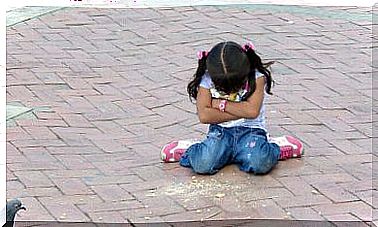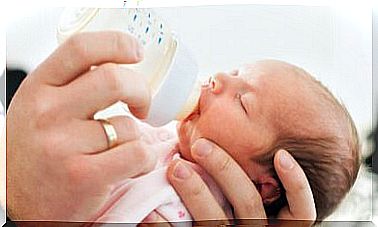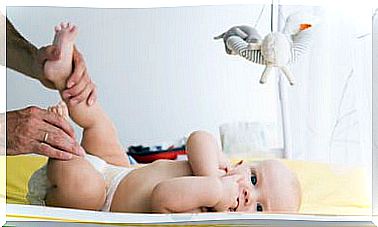Dietary Treatment Of Amenorrhea

Amenorrhea is the absence of menstruation or menstruation for more than 6 months without organic or anatomical cause. It is usually associated with high levels of stress, a low caloric intake and the practice of intense and constant physical exercise. Although it may not seem like it, it alters the functionality of the body and increases the loss of bone mass. Therefore, it is essential to follow a dietary treatment of amenorrhea to recover the menstrual cycle.
Amenorrhea: common causes
Before revealing which is the appropriate diet for this disorder, you need to know the causes for which it appears.
First of all, keep in mind that it is very common in sportswomen, adolescents with an eating disorder (ED), who follow a hypocaloric diet and with high physical and emotional stress.
At a physiological level, the amplitude and frequency of the secretion of the hormones responsible for ovulation, such as LH, FSH and estradiol, is altered. In turn, cortisol levels rise and decrease TSH and T3. Low levels of leptin, a hormone that decreases appetite and an indicator of energy reserves, have even been found.
In contrast, ghrelin is increased, the effect of which is to increase appetite. Prolactin and melatonin also go down. In the long term, bone mineral density decreases and osteopenia and osteoporosis can occur. Next, we tell you how to approach it through diet.
Dietary treatment of amenorrhea

Sufficient caloric intake, the essential key in the dietary treatment of amenorrhea
The body needs energy and nutrients to carry out many functions. If not enough is provided, it will prioritize one over the other. Therefore, it is advisable to increase your calorie intake, albeit progressively, since the digestive system needs to readjust. The best way to do this is by providing 250-300 kcal per day.
Consumption of fats and whole grains
Another characteristic is that they hardly consume fat and carbohydrates for fear of gaining weight. However, quality (unsaturated) fats help to synthesize the hormones of the menstrual cycle and regulate inflammation, helping to reduce blood stress markers.
In addition, they are the nutrients that provide the greatest amount of energy, so, when consuming them, it will be easier to reach those extra 250-300 kcal. Choose some nuts, avocado, olives and use olive oil to cook and dress the dishes.
As far as hydrates are concerned, it is recommended to substitute refined ones for whole grains. You can even resort to legumes.
Vitamin D and other nutrients for bones
As mentioned above, bone health is compromised as the situation continues over time. The reason for bone loss is a lack of estrogens and calcium-binding nutrients. Among them, vitamin D, vitamin K and magnesium stand out.
On the one hand, vitamin D is responsible for the absorption of calcium from the diet in the intestine. So we need to have good levels of this vitamin. How do you get it? Through continuous and controlled exposure to sunlight and supplementation with D3. It can even be combined with the intake of blue fish, dairy, eggs, mushrooms and avocado along with virgin olive oil.

On the other hand, vitamin K and magnesium are involved in the production of osteocalcin, the hormone responsible for the formation of bones. Sources of vitamin K are dairy, sauerkraut (fermented cabbage), and natto (fermented soybeans), and magnesium sources are green leafy vegetables, beans, soybeans, and tree nuts.
Other factors involved in the treatment of amenorrhea
Apart from restoring caloric intake and meeting nutritional needs, it is necessary to reduce the stress levels to which one is subjected. First of all, the intensity and the days devoted to intense physical exercise should be reduced. Second, go to psychological therapy to learn to manage emotions and promote bodily satisfaction.
Finally, you have to know that menstrual health is a fundamental pillar of our survival, so as soon as you detect any sign of amenorrhea in you or your daughter, go to a gynecologist. Afterwards , go to a dietitian-nutritionist to explain the dietary treatment of amenorrhea.










